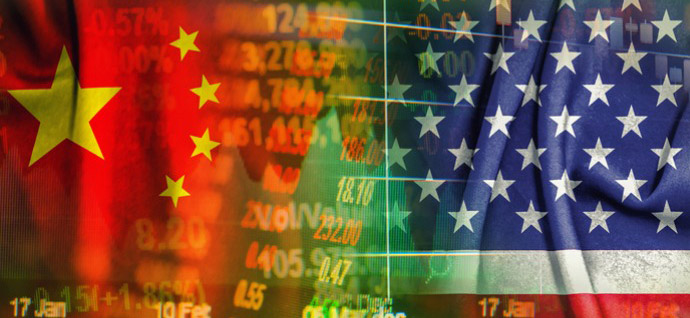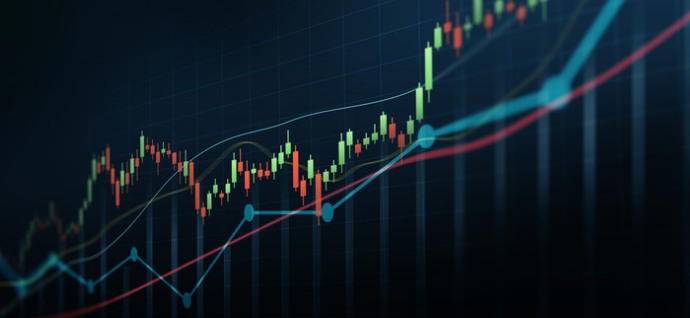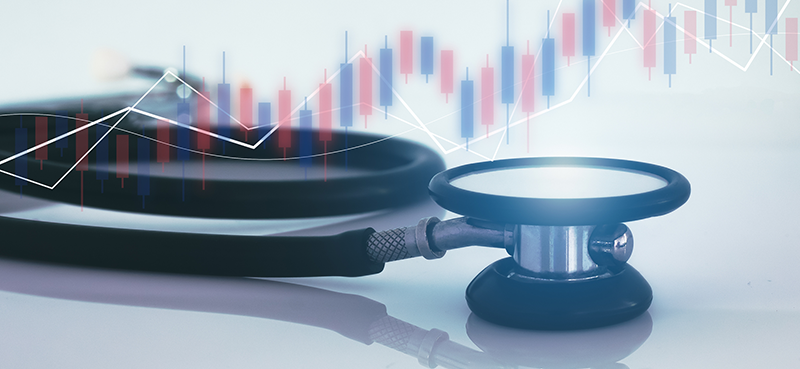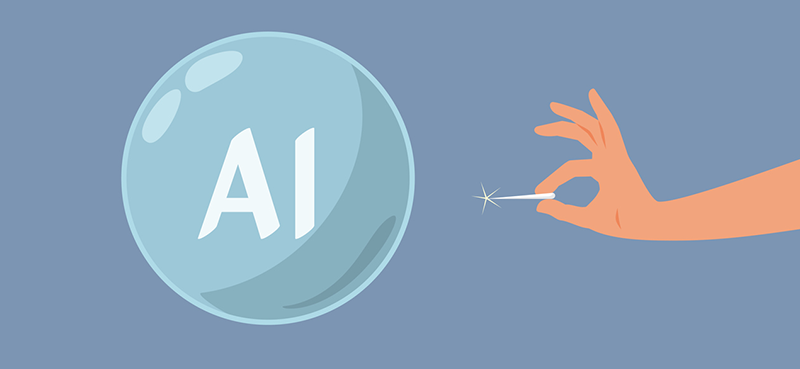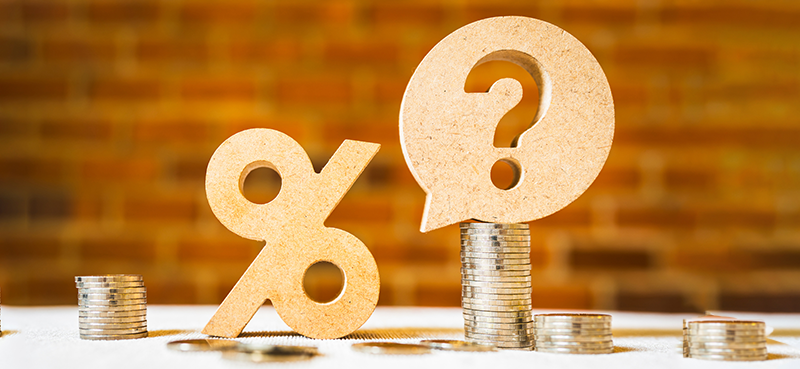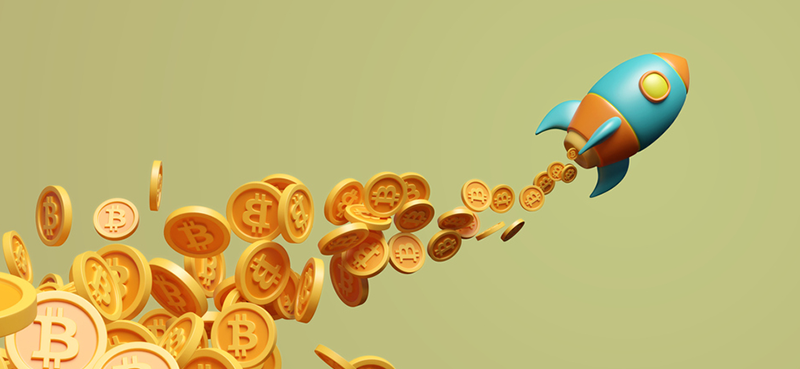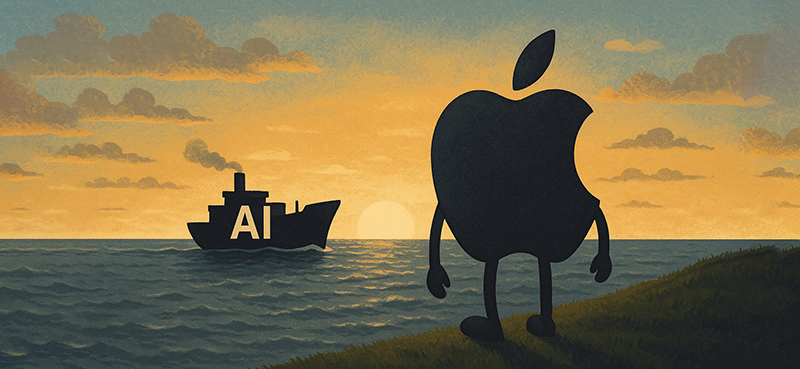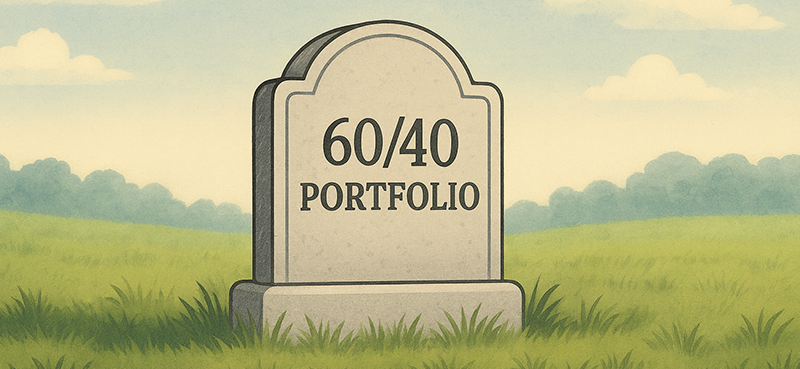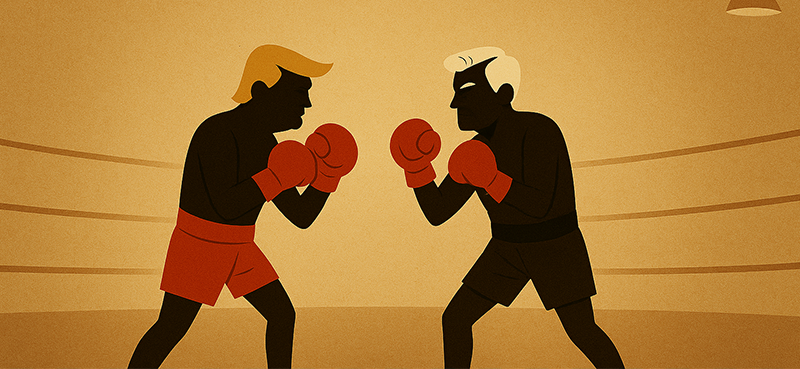Greece is creating havoc in the markets.
This week, the European nation failed to repay a loan worth $1.8 billion to the International Monetary Fund (IMF). The IMF is a global institution that provides financial assistance and advice to its 188 members (countries).
Once the story broke, markets around the world were under pressure. Most European markets fell more than 3% on Monday. The S&P 500 index fell more than 2% on the same day.
A plan to keep Greece in the European Union is still on the table. However, this uncertainty has created a lot of volatility in the markets this week.
Before you run out to sell all of your stocks, there is something you should know …
Greece defaulting on its debt is no surprise. In fact, most private investors (banks and hedge funds) saw the writing on the wall months and even years ago.
That’s why I expect stocks to bounce back in the weeks ahead. And one particular sector — which has fallen sharply following the Greece default — could reward investors with big short-term gains.
Let me explain …
Click here for more information.
On Tuesday, Greece became the first developed nation to default to the IMF. This headline alone is enough to scare investors into selling some of their stocks.
After all, we are only few years removed from the biggest recession since the Great Depression.
I’m sure you read stories every day about how much debt countries are piling up around the world. Now that Greece has defaulted, one could assume this risk may be on the table for other countries.

***
What you need to know as an investor …
Greece has had major problems since 2010. That’s when the IMF and European Central Bank (ECB) first bailed out the country with a $146 billion loan. In 2012, another $130 billion in aid was provided through the IMF.
This second bailout did not go well for private investors. They were forced to exchange their existing Greek bonds for new ones — worth 60% less. This was the only way Greece could avoid default in 2012.
Over the past few years, Greece was never able to get back on its feet. The economy remained weak and unemployment surged.
In short, the people who were following Greece over the past few years (private investors) knew the country would likely default on its debt some day.
That’s why these investors began to significantly lower their exposure to Greece.
For example, private investors reduced their Greek exposure from $200 billion in 2010 — to $35 billion today. That amounts to just 10% of the country’s total debt.
Most of this debt is held by the IMF and ECB, or major institutions that can provide a safety net if Greece exits the euro.
Turning to the U.S., our banks have almost zero exposure to Greece. In fact, Citigroup (C), Bank of America (BAC) and Goldman Sachs (GS) are the only large-cap financial companies with exposure.
This amounts to a combined $1.1 billion — which is considered pennies to these financial giants.
Yet, banking stocks were hit hard this week, falling more than 3% on the Greece news.

This pullback is a great opportunity to buy into this sector.
Large U.S. banks are in the best shape since the 2008 credit crisis. The economy is steadily improving … profits are rising … and many large-cap banks are buying back stock and raising their dividends.
Plus, banks are a great investment with interest rates expected to rise. That’s because the spread between the cost to borrow money and the actual rates banks can charge their customers widens — creating bigger profits.
If you don’t already have exposure to this sector, I recommend buying a few names today. There’s plenty of upside in both the shorter term (little exposure to Greece) and longer term (interest rates expected to rise in the years ahead).
Good investing,
Frank Curzio






